The blast at the Red Fort that killed 13 people and injured over two dozen left the National Capital shaken. A slow-moving car burst into flames at the Subhash Marg traffic signal near the Red Fort. Several vehicles were set ablaze, and crowds in the area were thrown into panic.
Authorities have since launched multi-city raids and made several arrests, saying they are uncovering a vast terror network spread across Jammu and Kashmir, Haryana, and Uttar Pradesh.
Let’s take a closer look.
What happened
The Jammu and Kashmir Police carried out raids at over 300 locations in Kulgam district on Wednesday, targeting the banned Jamaat-e-Islami (JeI) group. The outfit was proscribed under the Unlawful Activities (Prevention) Act (UAPA) in 2019.
Officials said the raids were based on credible intelligence inputs indicating that JeI-linked elements were attempting to revive their activities under new fronts. Over the past few days, police have conducted more than 400 cordon and search operations (CASOs).
Raids took place at the homes of J&K nationals operating from Pakistan and Pakistan-occupied Kashmir, overground workers, former encounter sites, and known hideouts. Around 500 individuals affiliated with banned outfits and undesirables have been detained and sent to Anantnag District Jail under preventive laws.
Incriminating material and digital devices were seized, and several JeI members are being interrogated. Officials said the raids form part of a sustained effort to dismantle the terror ecosystem and its support structures at the grassroots level.
Counter-terror operations
In north Kashmir, the police in Sopore launched a major coordinated operation, conducting simultaneous raids at more than 30 locations across Sopore, Zaingeer and Rafiabad. Officials described the raids as a “pre-emptive strike” aimed at preventing militants from regrouping.
Similar counter-terrorism raids were carried out in Sopore, Ganderbal, Awantipora and Shopian. In each case, police recovered a large quantity of incriminating documents, digital gadgets and printed content with links to the banned outfit.
In Shopian, police searched the homes of JeI activists including Dr Hameed Fayaz at Naidgam and Mohammad Yousuf Falahie at Chitragam. Several suspects have been detained for questioning to ascertain their involvement in unlawful and subversive activities.
Officials said these operations are part of a preventive strategy to cut off the ideological, financial and logistical networks of terror groups and ensure peace remains undisturbed.
In Delhi and Uttar Pradesh
In the capital, police remained on high alert on Wednesday. Personnel, along with paramilitary forces, were deployed at all major entry and exit points of the city. Vehicles are being thoroughly checked at markets, metro stations, railway terminals and bus stands to ensure that no suspicious activity goes unnoticed.
Sniffer dogs, metal detectors and anti-sabotage teams have been deployed at sensitive locations. Police have urged residents to stay vigilant and report any suspicious persons or objects immediately via emergency helplines.
On Tuesday, the Uttar Pradesh Anti-Terrorism Squad (ATS), Jammu and Kashmir Police, and Lucknow Police raided a house in Faridabad belonging to Dr Parvez, brother of Dr Shaheen Shahid. Parvez is an assistant professor at Integral University in Lucknow. Both are children of Saeed Ansari.
Al Falah University responds
Al Falah University, which came under scrutiny following the Red Fort explosion, issued a statement distancing itself from the two doctors arrested in the case.
“We wish to make it clear that the university has no connection with the said persons apart from them being employed in their official capacities,” said Vice-Chancellor Bhupinder Kaur Anand.
She called the reports linking the university’s laboratories to explosive-making “false and defamatory”.
“It is hereby clarified that no such chemical or material, as is being alleged by certain platforms, is being used, stored or handled within the university premises. The university laboratories are used solely for academic and authorised training purposes, in full compliance with safety protocols and statutory norms,” Anand said.
She added that the institution was “deeply saddened by the unfortunate developments” and urged media outlets to verify facts through official channels before making or sharing claims about the university.
Preacher from Haryana arrested
Meanwhile, a preacher from Haryana who allegedly helped store explosives in his rented home near Al Falah University was detained and brought to Srinagar early on Wednesday, police officials said.
Maulvi Ishtiyaq, a resident of Mewat who conducted sermons on the Al Falah campus, is believed to be at the centre of an interstate “white-collar” terror module linked to the blast. From his rented home, police recovered over 2,500 kg of ammonium nitrate, potassium chlorate and sulphur.
The explosives were allegedly stored by Dr Muzammil Ganaie alias Musaib and Dr Umar Nabi — the man who drove the explosives-laden car that detonated near Red Fort on Monday evening.
In total, 2,900 kg of explosive material was found, including 360 kg of inflammable material suspected to be ammonium nitrate, along with arms and ammunition recovered from Ganaie’s accommodation in Faridabad.
Ishtiyaq’s detention followed a series of coordinated raids by Jammu and Kashmir and Haryana Police. He is expected to be formally arrested soon.
The wider network
He will be the ninth person to be taken into custody in connection with the blast. Police believe the raids have successfully thwarted the plans of the Jaish-e-Mohammed (JeM) and Ansar Ghazwat-ul-Hind — the latter being an offshoot of ISIS in India.
Dr Ganaie, a teacher at Al Falah University, had previously been named in a case involving pro-JeM posters in Srinagar, which became the starting point of the investigation. This eventually led police to uncover a network of radicalised professionals and students allegedly in touch with foreign handlers.
These individuals, officials said, were using social and charitable fronts to identify recruits for radicalisation, raise funds, and procure materials for improvised explosive devices (IEDs).
Of the eight people arrested so far, seven are from Kashmir — Arif Nisar Dar alias Sahil, Yasir-ul-Ashraf and Maqsood Ahmad Dar alias Shahid (all from Nowgam, Srinagar); Maulvi Irfan Ahmad from Shopian; Zameer Ahmad Ahanger alias Mutlasha from Wakura, Ganderbal; Dr Muzammil Ahmad Ganaie alias Musaib from Koil, Pulwama; and Dr Adeel from Wanpora, Kulgam. The eighth, Dr Shaheen Sayeed, is from Lucknow.
With inputs from agencies


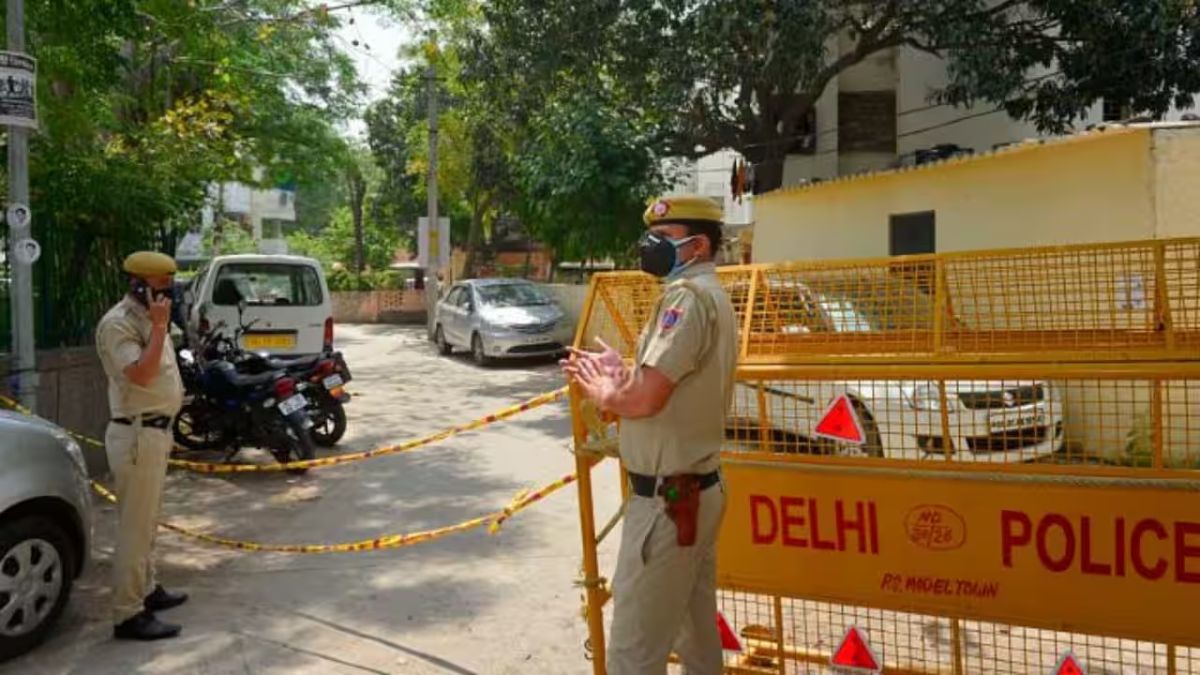)

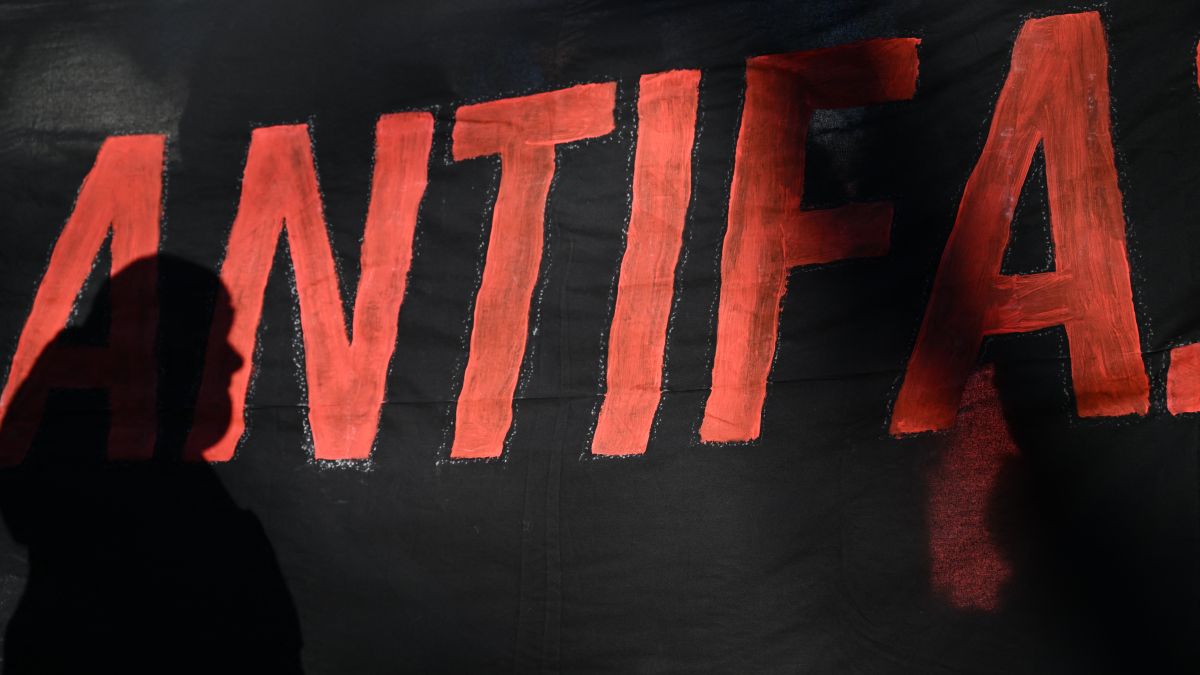)
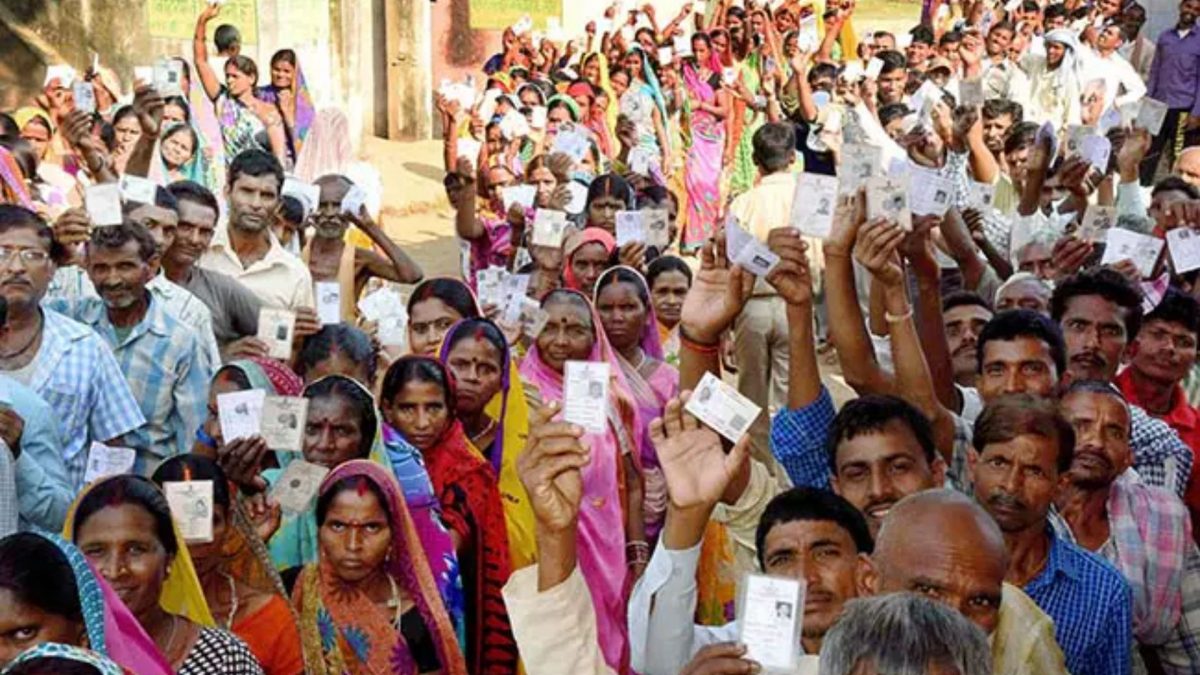)
)
)
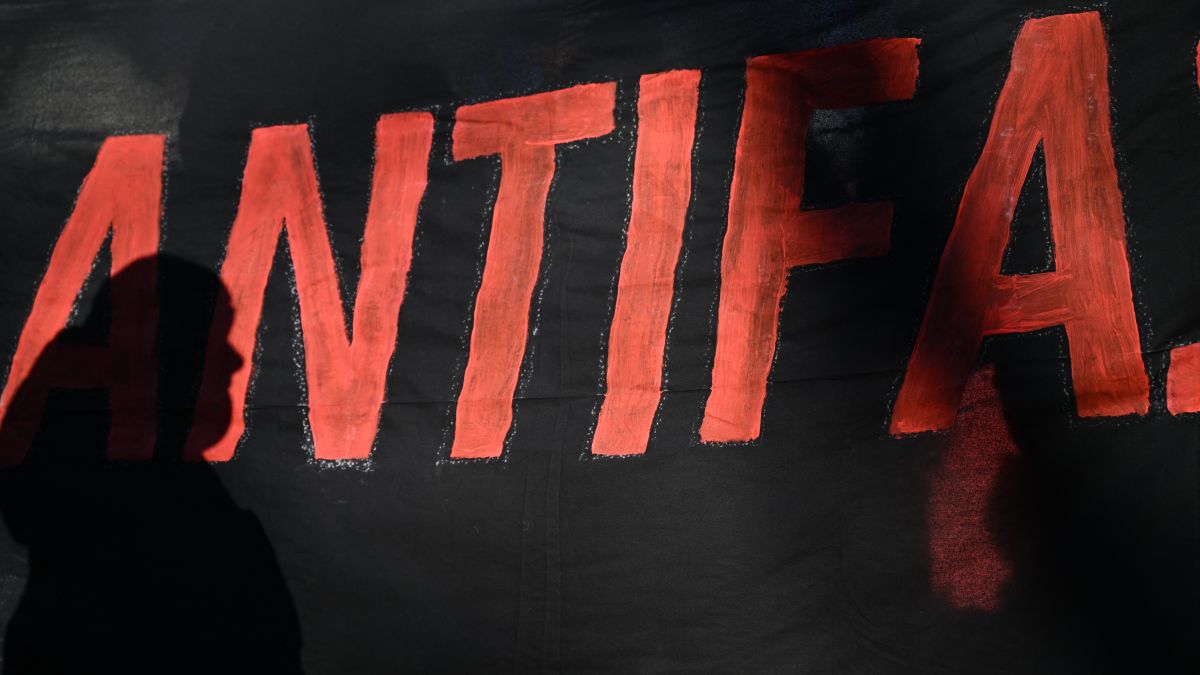)
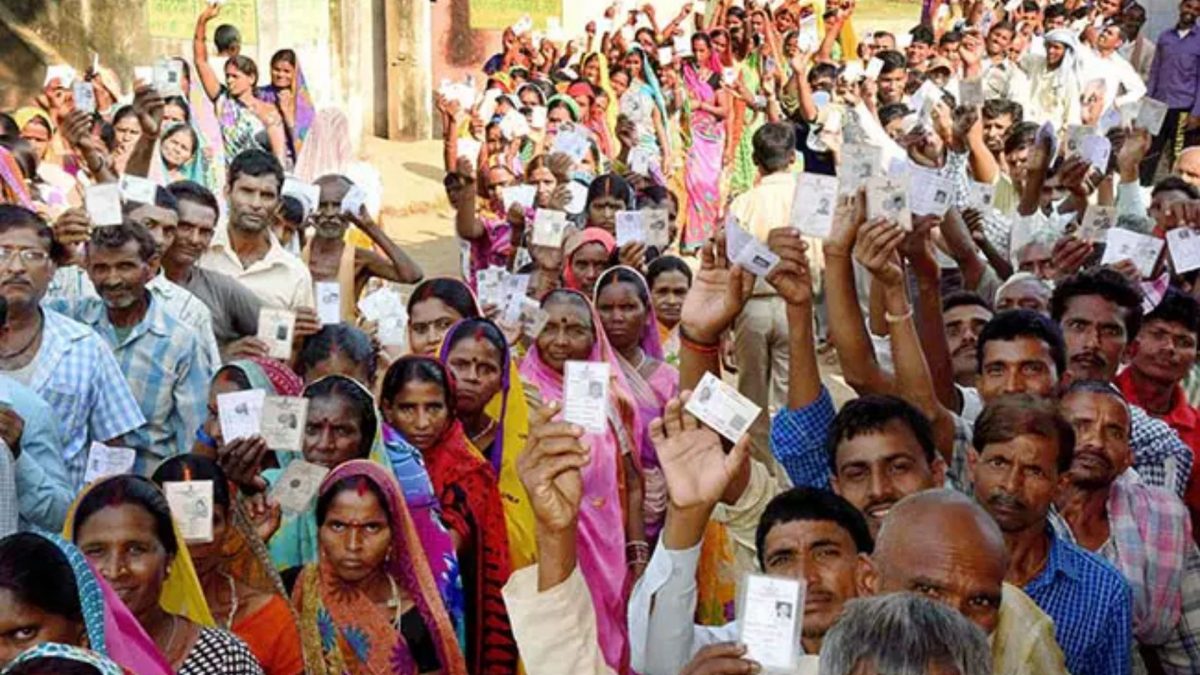)
)
)



